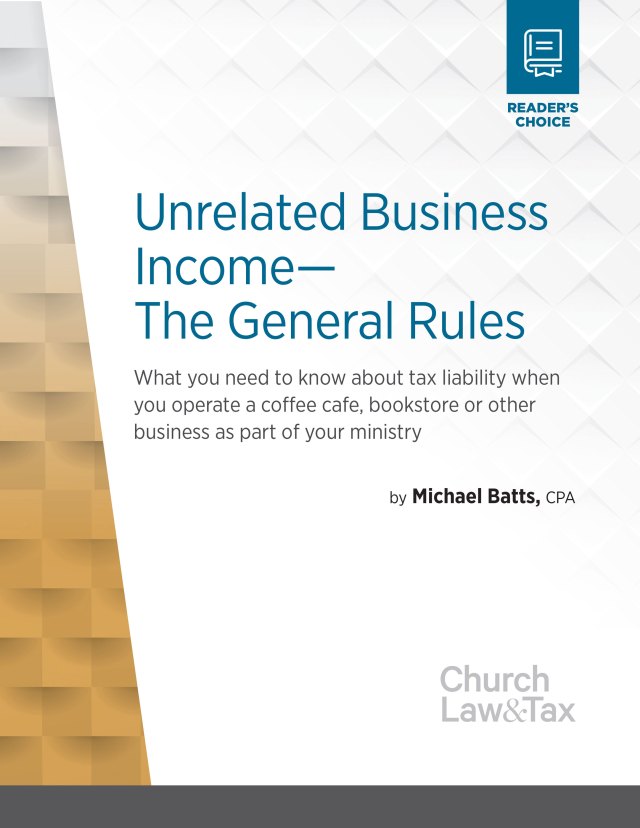In this biweekly column, longtime executive pastor and XPastor.org founder David Fletcher takes on readers’ questions about finances, staffing, communications, and more. Submit your questions using the subject line “Hey, Fletch” to editor@churchlawandtax.com.
To make things easy to understand, let’s assume you give a new pastor $10,000 for moving expenses. Your number might not be that high, but it is an easy number to illustrate.
Before the new rules, the pastor would give adequate receipts to document the expenses. All $10,000 would be tax-free to the employee. There would be no tax reporting by the church because it is an expense. Voilà, you are done.
The rules changed. The entire $10,000 is now taxable income. Essentially, the moving expenses become a bonus to the employee. As a bonus, the church is not required to have receipts from the pastor. However, as a way to justify the size of the bonus, the church may want receipts (and may require receipts if the policy is they will reimburse up to $10,000).
On that $10,000 for moving expenses, the church cannot pay the 7.65% employer’s portion of FICA (Federal Insurance Contributions Act). Pastors are under SECA (Self Employment Contributions Act). You cannot remit the 7.65% portion of the employee’s FICA—again, because they are under SECA. Pastors may ask their church to withhold funds from their paychecks and remit them to the government. The pastor pays into SECA 15.3% of the $10,000, which would be $1,530. Plus the pastor is required to pay local, state and federal income tax.
To learn more about how the Tax Cuts and Jobs Act affects your church, read “ Integrating Tax Reform for 2018—and Beyond.”
